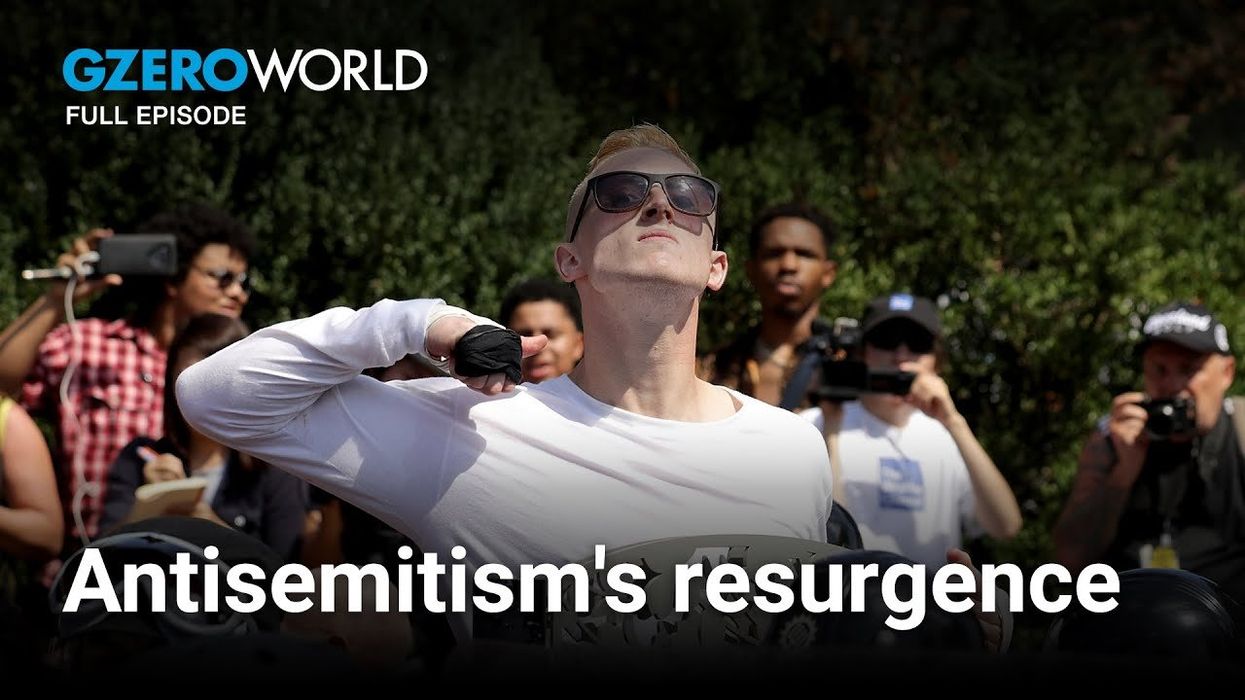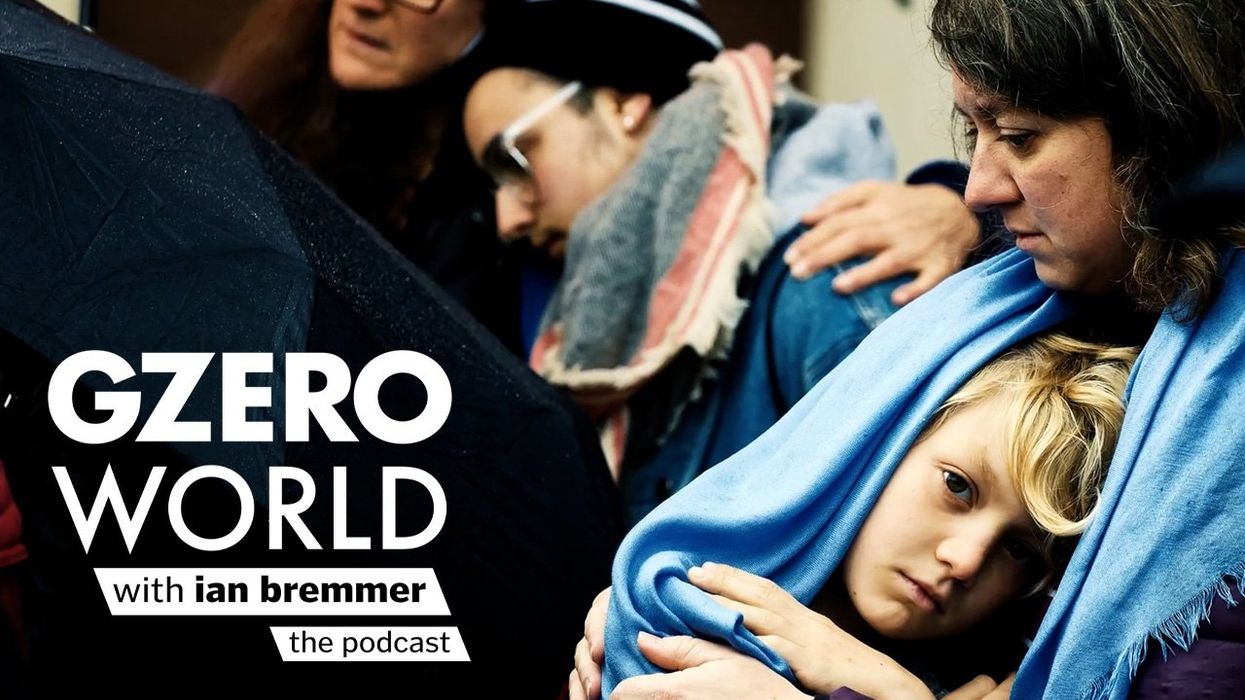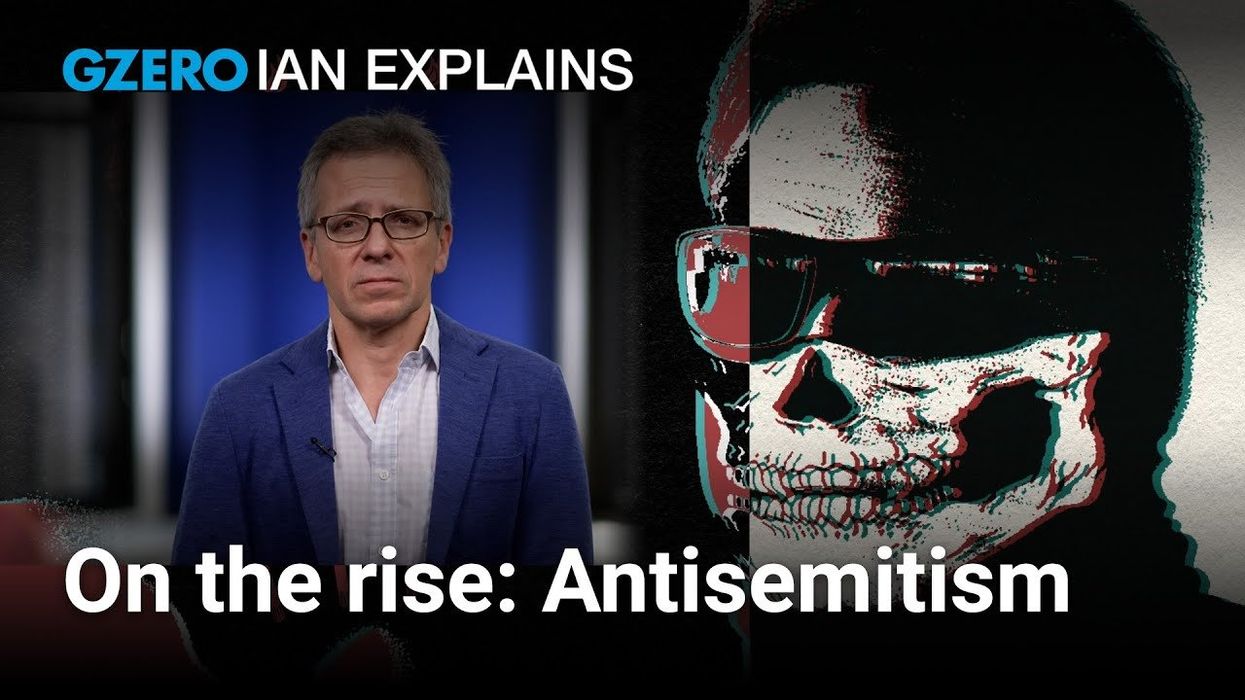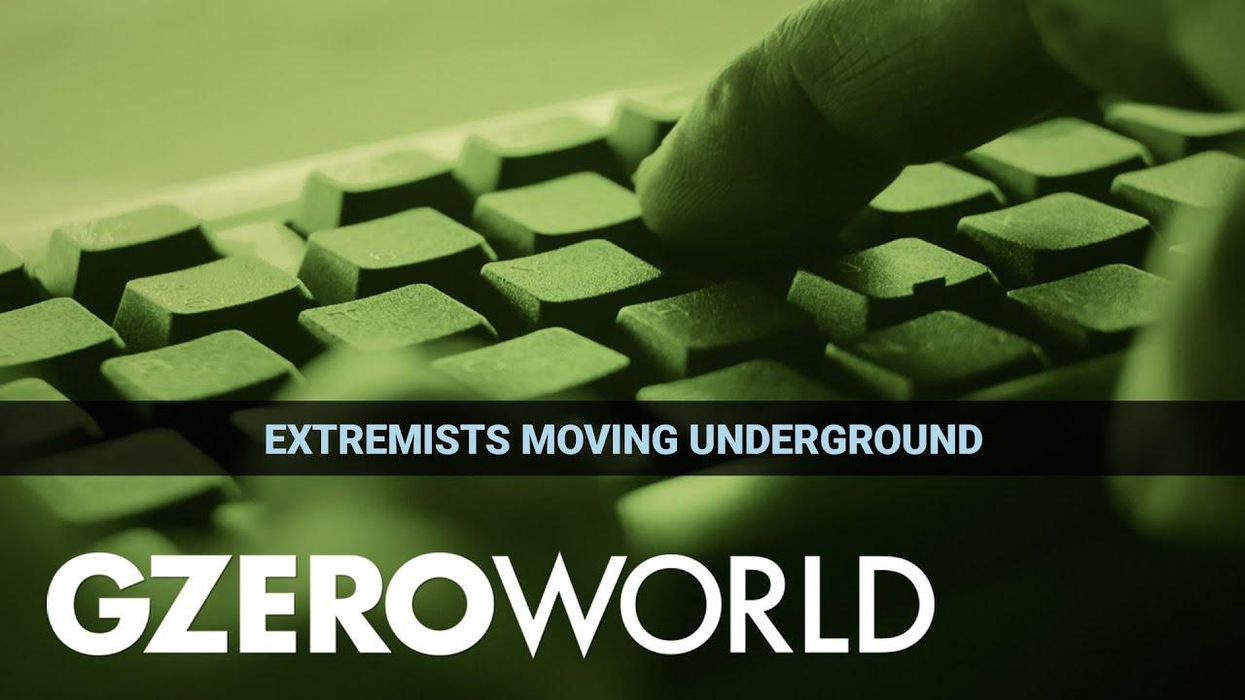GZERO World with Ian Bremmer
Modern antisemitism on the rise
Antisemitism is nothing new. But lately, it feels like an ugly trend is back in fashion. The Anti-Defamation League found 3,700 instances of antisemitic harassment, vandalism, or assault around the country last year, the highest number in its 43 years of tracking. To unpack this complex trend, Ian Bremmer speaks with Israeli actress, writer, and activist Noa Tishby on GZERO World.
Aug 21, 2023




